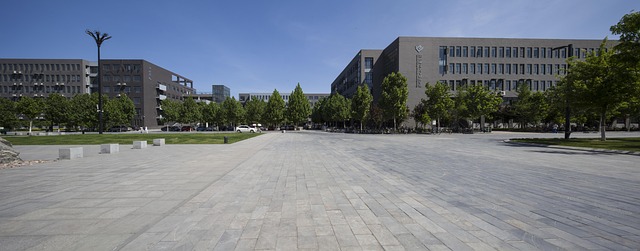Reimagining the Normal Paradigm: An Analytical Exploration in Science and Modern Philosophy
The phrase normal paradigm often suggests a rigid framework of understanding, a set of assumptions and beliefs that dictate how we perceive and interact with the world around us. In the realms of science and modern philosophy, the reexamination of these paradigms is crucial, as they shape our interpretations of reality and the metaphysical questions that accompany them.
The Scientific Perspective
In science, the normal paradigm manifests in established theories and methodologies. For decades, certain scientific beliefs reigned supreme—think of the Newtonian mechanics that dominated until the advent of quantum physics and relativity. These updates did not merely tweak existing frameworks; they fundamentally altered our understanding of time, space, and matter. The shift illustrates a deep philosophical truth: a paradigm can be so prominent that it stifles innovation and the exploration of new ideas.
By embracing a willingness to question the normal paradigm, scientists embark on journeys that challenge the very foundation of knowledge. Within laboratory walls and through scientific journals, we witness the tension between established wisdom and disruptive questioning. Every time a researcher dares to propose a bold new theory, they stand at the precipice of progress, and potentially, a revolution in thought.
Modern Philosophy’s Challenge
Modern philosophy echoes this sentiment, navigating the complexities of reality and human experience through lenses that often upend widely accepted doctrines. Thinkers like Foucault and Derrida have interrogated established norms across various sectors, including politics, ethics, and art, emphasizing that truth is intertwined with power structures and social contexts.
As philosophers dissect the normal paradigm, they reveal how our perception of reality is crafted within societal frameworks. What appears normal is frequently a product of historical and cultural circumstances, leading to a compelling question: How do we redefine normality in a world that is constantly evolving?
The Interplay Between Science and Philosophy
The intersection of science and modern philosophy prompts a deeper exploration of the normal paradigm. Science operates within a realm of empirical inquiry, while philosophy challenges the very foundations of that inquiry, questioning what we prioritize as knowledge. The dialogue between these two disciplines highlights their symbiotic relationship; science informs philosophical perspectives, just as philosophical discourse can influence scientific inquiry.
Consider the implications of artificial intelligence, an area ripe for philosophical analysis. As we develop increasingly sophisticated algorithms, questions arise about consciousness, free will, and the ethical responsibilities we carry. What does it mean for AI to become part of our normal lives? The wraparound effect of the normal paradigm provokes discussions that transcend a mere technical understanding.
Embracing Change
The vibrant exploration of the normal paradigm in both science and philosophy calls for a mindset open to transformation. It challenges us to question the boundaries of what we deem acceptable or rational. Are we shackled by outdated beliefs, or are we capable of envisioning a future that transcends traditional limitations?
By fostering a culture that values curiosity and critical analysis, we can encourage a landscape where new paradigms arise, encouraging a healthier dialogue between the known and the unknown. As the realms of science and philosophy continue to evolve, the invitation remains: let us participate consciously in this journey of reimagining the paths we tread.




